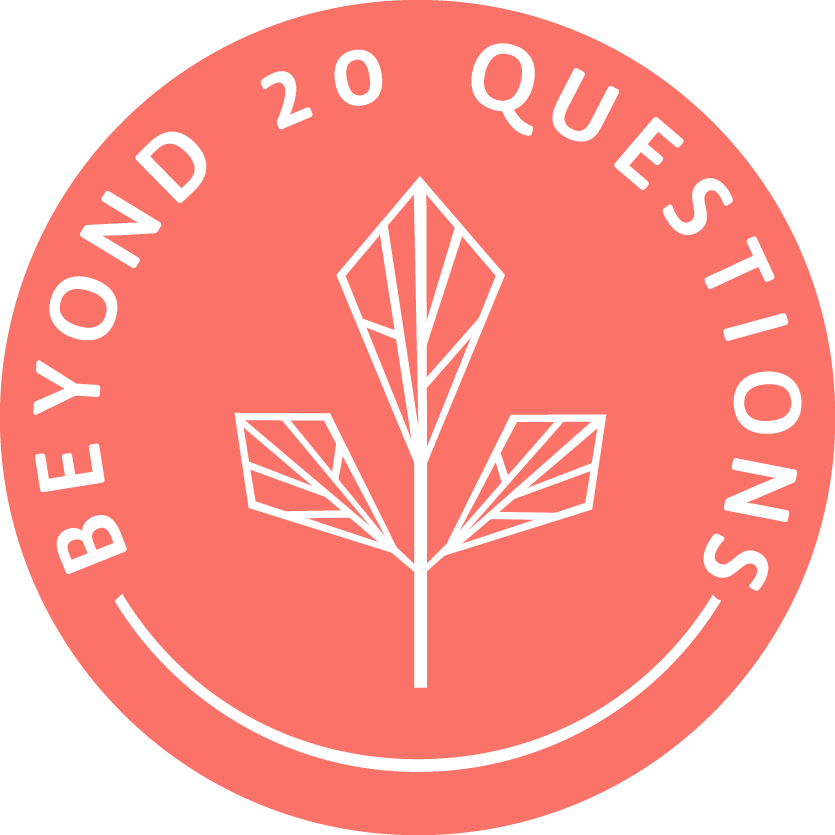Can physical pain lead to psychological pain?
When I began seeing patients as a student under a supervising physician, I began to make some interesting observations. One of these was that patients seen for depression sometimes had pain that prevented them from following depression treatments according to plan. More commonly, I would also notice patients presenting with a chief concern of pain who happened to have anxiety or depression when I went through a general review of systems.
These two seemingly disparate conditions, chronic pain and depression (or other mental health concern such as anxiety), all of a sudden started being paired in my mind and I found myself double checking for pain with depressed patients.
Naturally, when a recent article hinted that chronic pain and depression could be activating the same areas of the brain, it caught my eye pretty quickly [1]. Could this study shed some light on the complex relationship, between chronic pain and psychological well-being?
In this study, mice were given either a “mock surgery” or a surgery meant to produce long-lasting pain. Two months later, the mice that had pain started showing signs of anxiety and depression, along with gene expression patterns that have been previously correlated to anxiety and depression.
Next the researchers checked if chronic painless depression could activate genes involved in chronic pain. To assess this, the researchers put another set of mice into a depressive-like state. Now how do you make a poor little mouse depressed? Not by giving them a quote for their student loans or watching the Canucks lose a game (again). You stress them. By stressing them over a period of time, they eventually "break down" and behave in a way that mimics depression. As expected, these mice displayed changes in gene expression similar to the mice in chronic pain.
Chronic pain keeps you from doing the activities you enjoy, the activities that are required for your job, and activities needed to be healthy. Your pain can take away some of your satisfaction with life, deplete your financial resources, rob you of sleep, and make exercising or preparing your own food difficult. Try coping with all this for two months and see if you don’t activate brain areas involved in depression! And now with a depressed state of mind, how much harder will it be to reach out for treatment or make the needed lifestyle changes to get out of pain?
This doesn’t necessarily mean that pain is causing depression directly. Another way to think about it is that pain interferes with your ability to be you and this could lead to a depressed state. If you want to get really technical, there are other physiological mechanisms by which chronic pain and depression might interact, but that is beyond the scope of this post. If you don’t want to get technical, the idea that chronic pain and depression can occur together still stands, regardless of the why and how.
What can we learn from all of this?
First of all: prevention. Don’t let an acute pain become chronic. Seek treatment before your pain starts eating away at your quality of life, or before it can trigger those patterns seen in depression/anxiety.
We can’t rule out the possibility that chronic pain could aggravate pre-existing mental health conditions. It’s also possible that acute pain might be more likely to become chronic pain in those with certain risk factors for depression or anxiety.
The other important consideration is that patients that have been in pain for a long period of time may need support to regain their mental health. Treating the whole person means chronic pain management should include the promotion of mental well-being.
Reference
Descalzi, G. et al. Neuropathic pain promotes adaptive changes in gene expression in brain networks involved in stress and depression. Sci. Signal. 10, eaaj1549 (2017).
Photo credit: Esther Max

